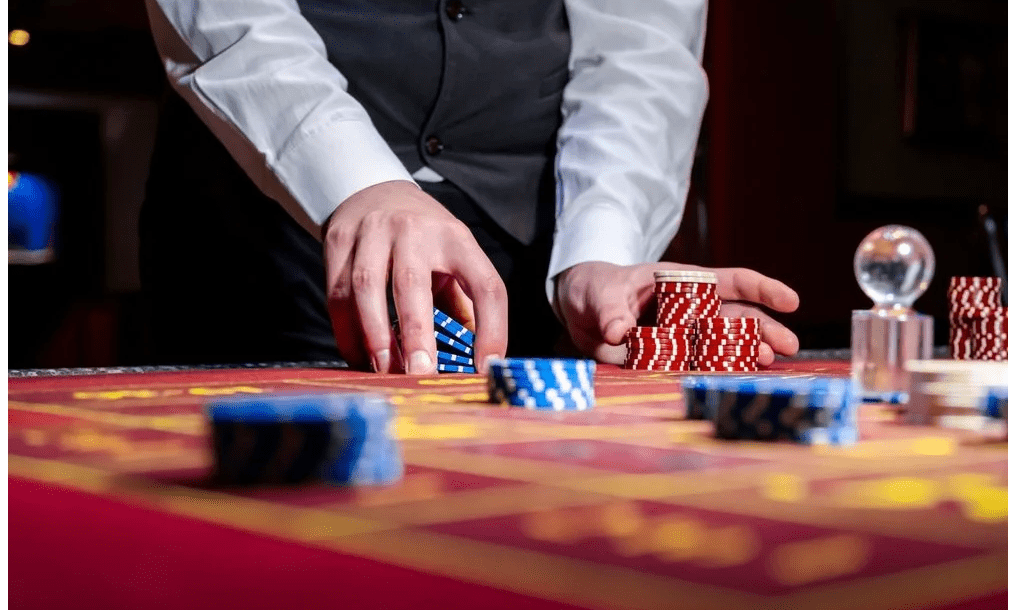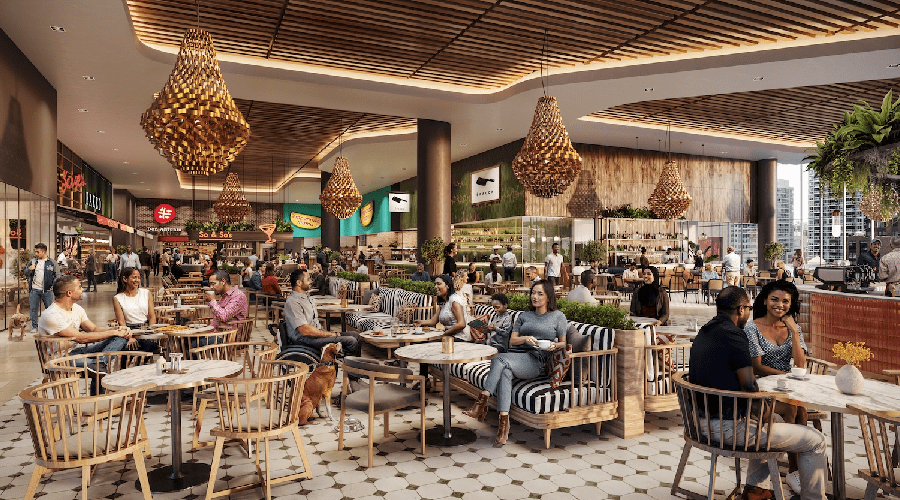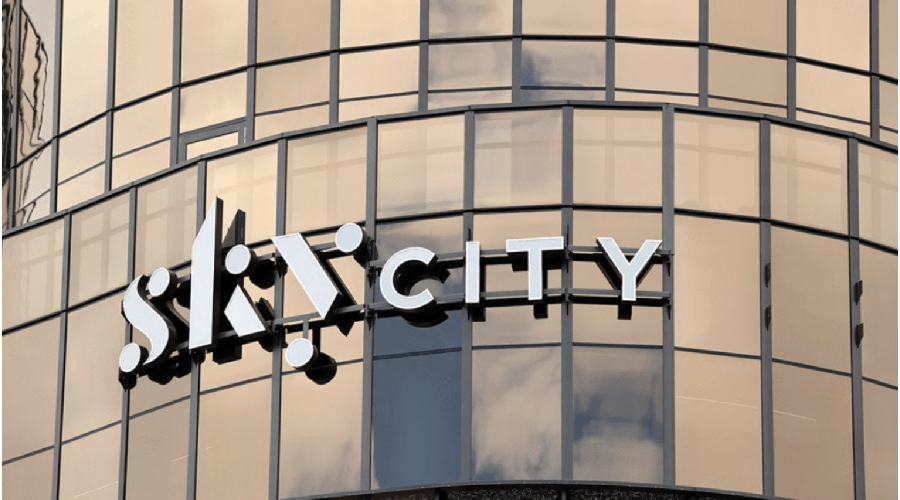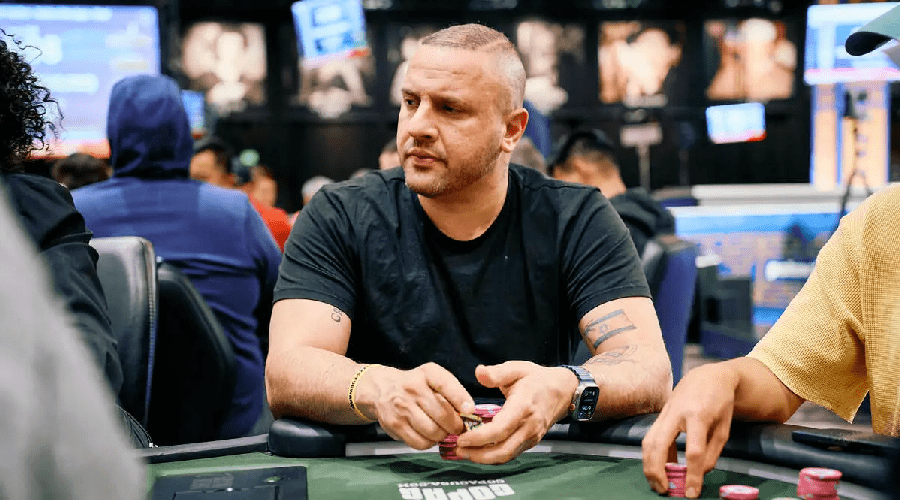The record-breaking Pennsylvania casino income proves that both game formats can be "successful" using Pace-O-Matic.
The record-breaking Pennsylvania casino income proves that both game formats can be "successful" using Pace-O-Matic.
Pace-O-Matic, a company based in Georgia that makes "Pennsylvania Skill" machines that are similar to slot machines but are unregulated and not taxed, is claiming that record-breaking casino revenues prove that their games can't hold a candle to the slot machines.
Pennsylvania game of skill
The record-breaking May total gaming income of approximately $521 million is evidence that two types of games can flourish, according to Pace-O-Matic spokesman Mike Barley in a news statement. He asserted that the sum, derived from 17 permitted Pennsylvania casinos, disproves the notion of unfair competition posed by the illegal machines.
By looking at these figures, Barley concluded that the state could support both large casinos and smaller establishments that run skill games. I don't see any rivalry between the two.
The skill games' purported legalisation, regulation, and taxation have been the subject of Pace-O-Matic's lobbying efforts in Pennsylvania. The American Gaming Association and the Association of Gaming Equipment Manufacturers, among other lobbying groups, as well as state law enforcement, consider these slot machines to be illegal.
According to Casino.org, the top casino in the state, Parx, is putting off construction of a $100 million hotel. To resolve the matter, Parx is awaiting the outcome of the law and a case before the state Supreme Court.
"Greedy" casino owners?
In the press release, Barley brought attention to the nonprofits and small companies that depend on the profits from the skill games. He lamented that the "greedy casino industry" would not be satisfied with $521 million every month. "On the contrary, their goal is to eliminate any establishments that rely on revenue from skill games, such as small businesses, American Legions, volunteer fire companies, Moose Lodges, and others."
According to the operator and the state attorney general, the games take place in kid-friendly establishments like pizza joints and convenience stores.
Casino owners are requesting that the legalisation law be revised so that unlicensed slot machines must meet the same standards of appropriateness as their licensed counterparts. Committee consideration of the bill is scheduled for later today. Additionally, operators would like to see the proposed 16% tax rate raised to 54%, which would boost the amount of taxed licensed slot revenue.
An appeal from Judge Andrew Dowling's ruling in Dauphin County is now pending before the Pennsylvania Supreme Court. It was determined in that case that the presence of a random element is not enough to classify the machine as a gambling device. To have skill games classified as unlawful gambling machines, the state attorney general has petitioned the supreme court.







